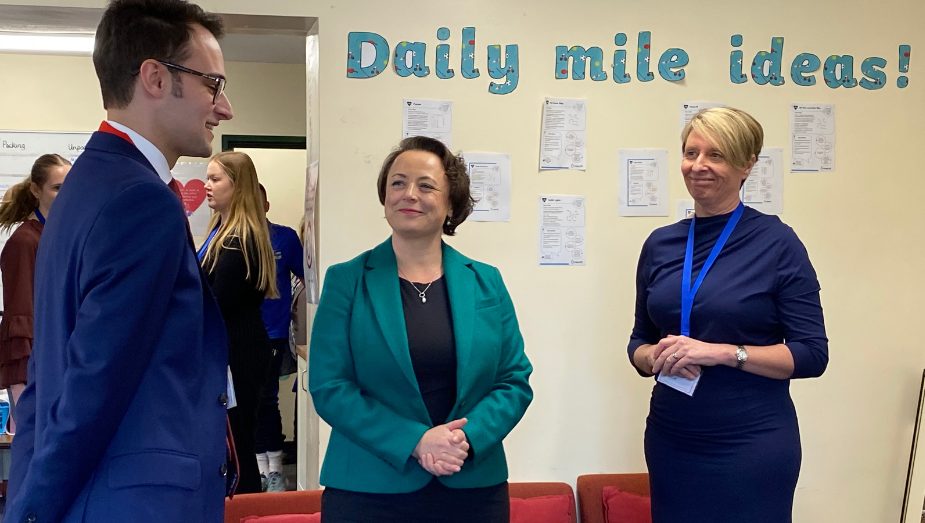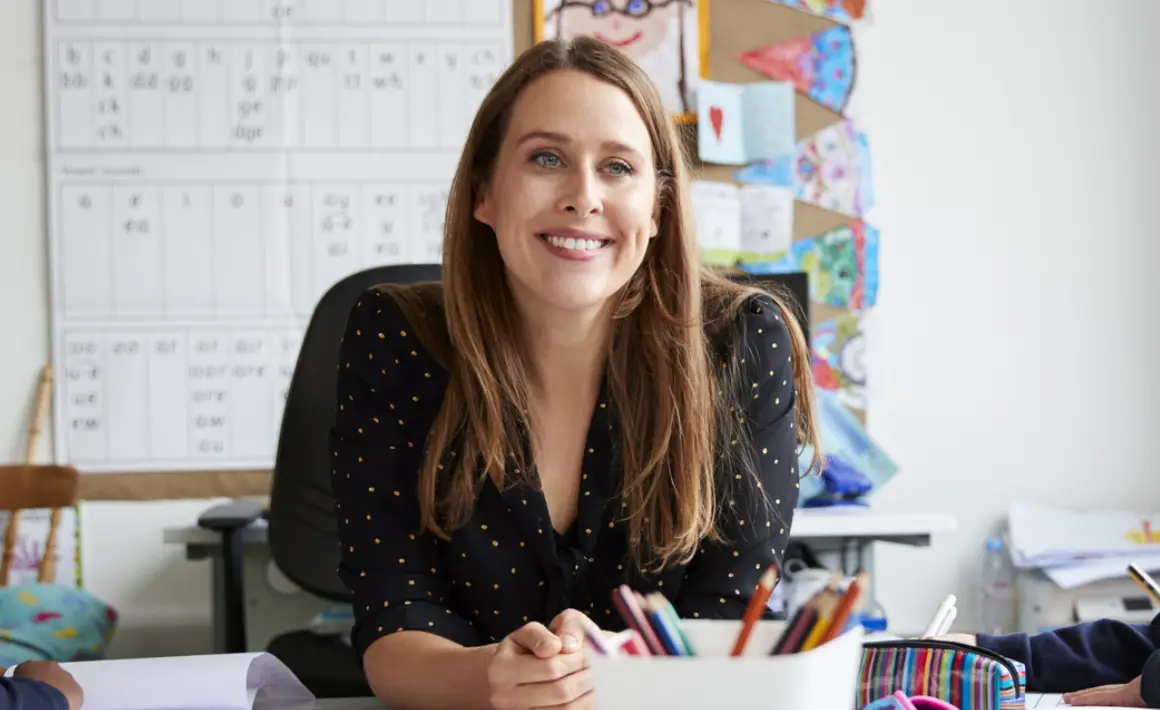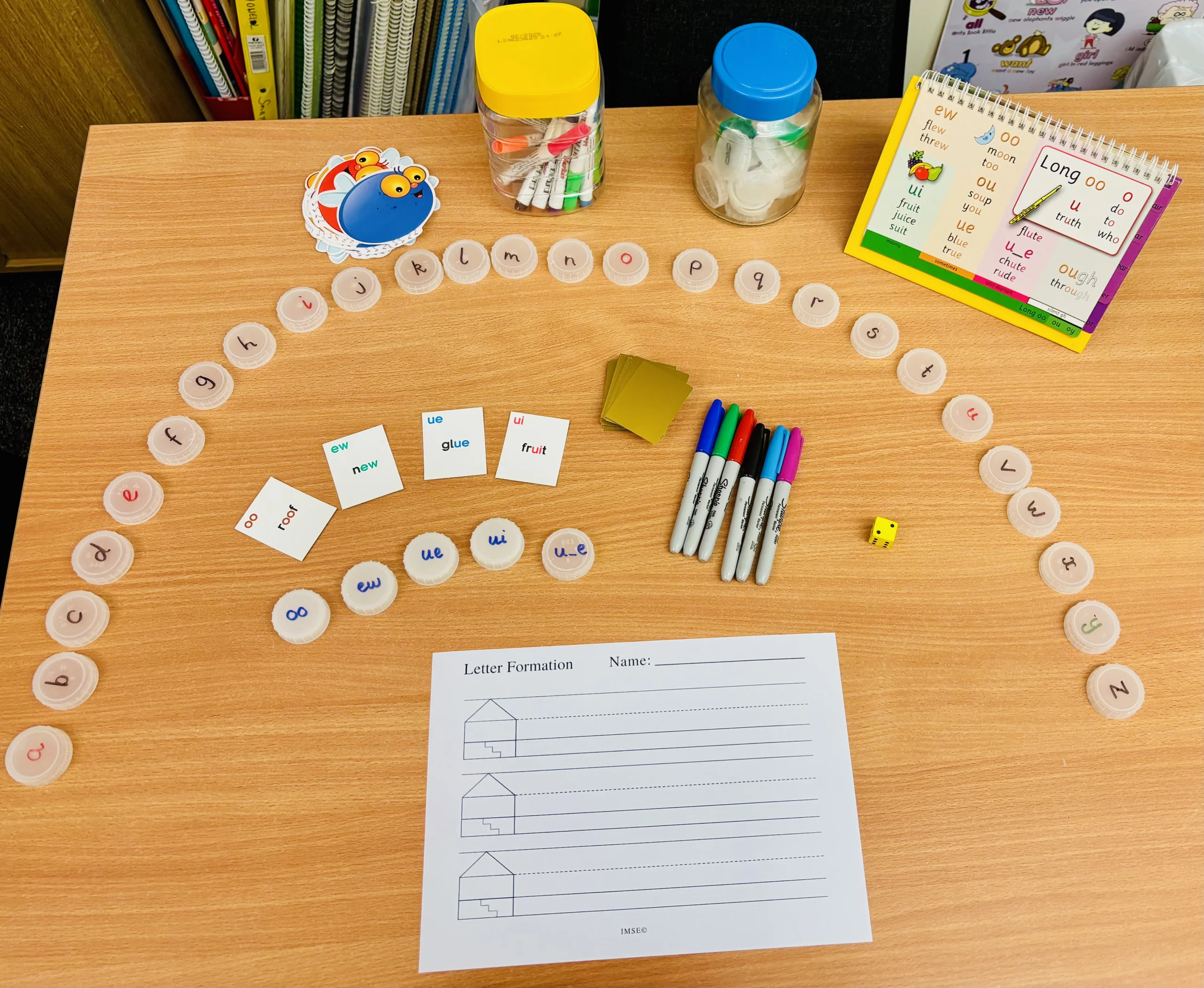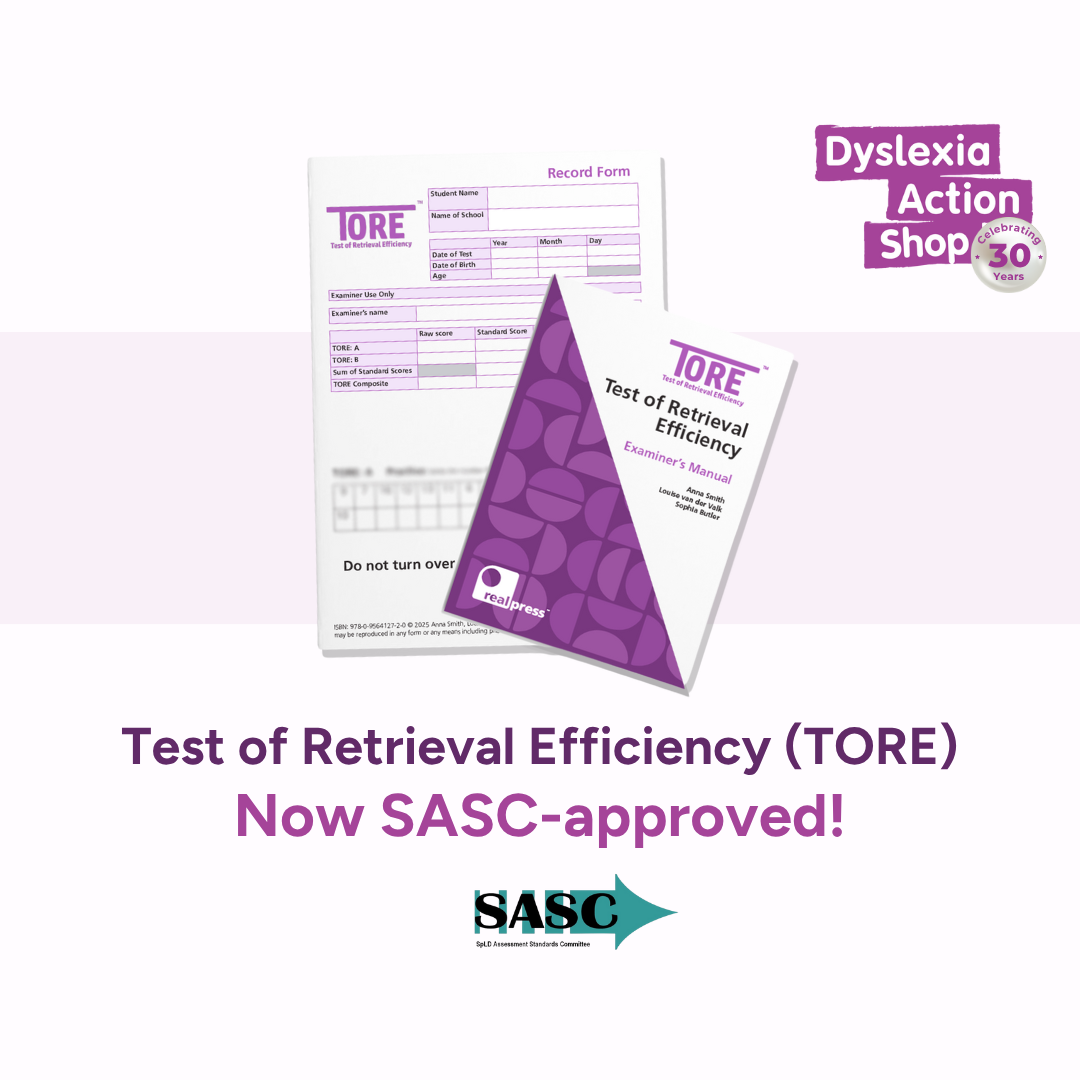Imogen Barber |
March 12, 2024
By Andrew Chadwick is a former Headteacher and SMHL, and is currently Safeguarding, Ambition and Inclusion Lead at Focus-Trust. In this article he gives some essential advice for anyone new to the senior mental health lead role.
Article originally published in Headteacher Update Magazine 11.03.2024 – accessible here
The senior mental health lead role is challenging and there never seems like enough time in the day to do it justice. However, the role is fundamental to the positive wellbeing of pupils and staff in school.
In education, we are all taught about Maslow’s hierarchy of needs and it is worth reflecting on just how important things beyond physiological requirements, such as a feeling of belonging and wellbeing, truly are. Every child deserves to have this at school. However, it takes someone who can lead whole-school change and influence every layer of the school community to begin to go about meeting these needs.
Every setting has its own unique circumstances and challenges. That being said, there are some key pieces of advice I would offer to all those who are new to the role of senior mental health lead to help them hit the ground running, including tips to help you get the most out of the government-funded training.
Don’t try to take on too much, too quickly
One of the biggest challenges I faced when I first started in the role turned out to be self-management. Like many leads, I wanted to do everything straight away, but it is really important to audit provision to identify a few focus areas each academic year and go through a structured change management process. You simply can’t rush ethos change if you want it to be meaningful. This is where the senior mental health lead training course can be particularly useful.
Be brave and have difficult conversations
It can be incredibly challenging to talk about certain topics, such as suicide, especially in primary schools and many staff were deeply concerned about the possible effects. However, it’s far more risky and scary not to have these conversations – it just needs to be done under the proper framework and with the right training (and communications) in place.
Don’t overlook the importance of parents’ mental health
Some way into creating an implementation plan for the year during my senior mental health lead training course, I realised that we were going to need to provide some sort of provision for parents themselves in order to really make an impact. The cost of living crisis and the pandemic exacerbated many mental health problems which, in many cases, are being passed from parent to child.
At my school, we sought to actively include parents in wellbeing initiatives as well as offering programmes like the mums’ wellbeing groups and later one for dads as well. There’s so much stigma around mental health that you can’t go in all guns blazing, sometimes the softly, softly approach works better.
For example, we’re now piloting parents’ cookery classes at another school in my trust as a means to encourage people to socialise and think about their mental health. The hope is that people come for the food and then while they are there we will have a guided discussion on a different wellbeing topic each week.
Let staff have a say in designing new initiatives
We wanted staff to champion wellbeing initiatives everywhere throughout school, as well as being able to benefit from them themselves. To achieve this we consulted all staff on things like the Zones of Regulation and ended up adapting the strategy and making our own resources to suit the needs of our setting.
Setting up a working party for social, emotional and mental health (SEMH) needs was particularly effective and we found techniques like the “rich picture method” incredibly useful to collate ideas and identify areas of weaknesses.
Think about your gatekeepers
When it comes to making changes to staffing, systems and processes, don’t overlook your front-of-house teams who may be the first point of interaction with parents. They need to be approachable and let you know when vulnerable individuals need help so you can drop everything to be there.
Consider the right mental health training, for the right staff, at the right time
I made it clear in my action plan that I didn’t think a whole-staff approach to training was always appropriate. Teachers’ workloads can be so great that they can simply be overwhelmed and not retain additional information well. When it came to things like trauma training we trained only those who needed it, when they needed it.
Don’t underestimate the power of supervision
Helping pupils with more significant needs can have an impact on staff. Often, especially in smaller primary schools, we just assume that we see each other every day so can check in with each other, but there’s a real power to more structured supervision. We’re currently developing triads of schools that can collaborate across the trust to provide this enhanced support.
You can read more about Andrew’s approach to trauma training in his interview with Educational Psychologist Joanna Wood.
Take advantage of senior mental health lead training
Government funding for the senior mental health lead training is available up until the end of March this year (DfE, 2024). It is not certain that it will be renewed every year so apply while you can. Look for a course that’s flexible and practice-led so that it helps, rather than detracts, from your day-to-day workload and it becomes part of what you need to do.
The course I took was led by educational psychologists at Real Training and the tutor support was excellent. It prompted me to become a lot more strategic in my whole-school approach.
Reflection was absolutely key to the success of my projects. The senior mental health lead training required me to go through a reflective journal. Although at first, I must admit I was a little sceptical, it turned out to be a really powerful tool, alongside regular feedback from my tutor.
Final thoughts
The senior mental health lead role is one of the most crucial in our schools. Of course, finding time to devote to doing the role well can be hard, but remember that the impact you can have across school and on children’s lives is nothing short of phenomenal.
Read more
Find out more about senior mental health lead training and which course is right for you
Watch Andrew’s full review video of Real Training’s senior mental health lead advanced award
Read the full case study to find out more about the impact of Andrew’s action plan at his primary school






What do you think?